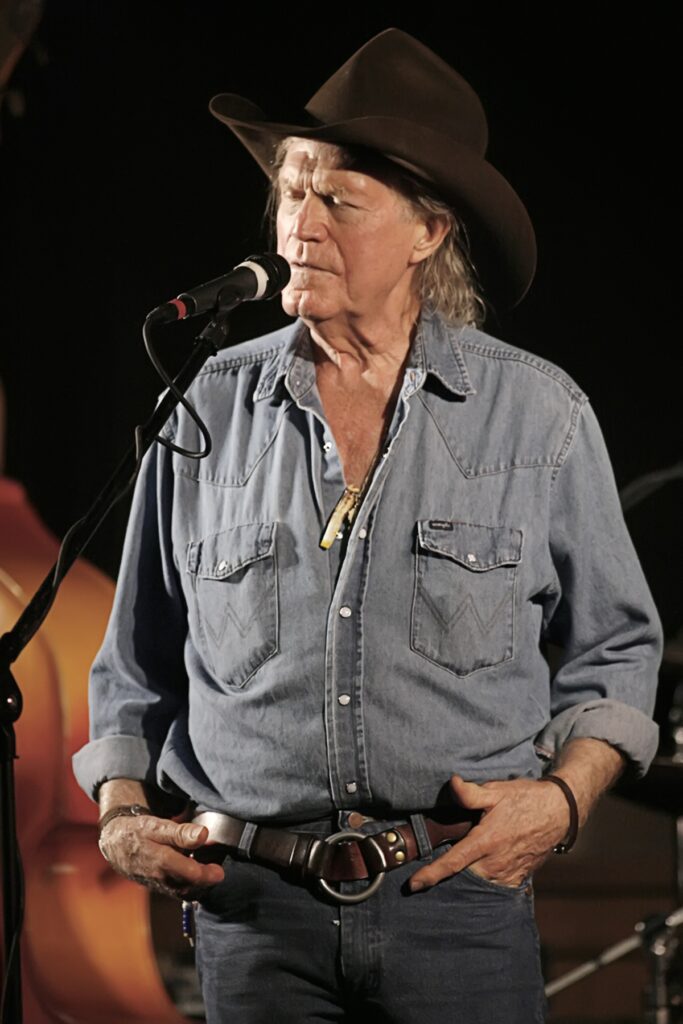
The bittersweet lament of a man undone by forbidden love and a struggle with his own demons.
A shimmering, haunting memory from the heart of the Outlaw Country movement, Billy Joe Shaver’s original recording of “Black Rose” is a cornerstone of his debut album, Old Five and Dimers Like Me (1973). Unlike many songs of its stature that climbed the charts upon release, “Black Rose” itself did not register on the major US or Canadian Country singles charts for Billy Joe Shaver, a fate often reserved for the purest, least commercial country poets of the era. However, the song’s legendary status and impact were solidified almost immediately by his friend and champion, Waylon Jennings, who included it on his groundbreaking 1973 album, Honky Tonk Heroes, an LP that came to define the “Outlaw” sound and featured nine Shaver-penned songs. Waylon’s embrace cemented Shaver’s reputation as one of the genre’s most authentic and powerful voices, a songwriter’s songwriter whose work held a dark, diamond-like brilliance.
The story woven into “Black Rose” is one of classic temptation and profound moral struggle, delivered with Shaver’s signature blend of stark poetry and common-man vernacular. It tells of a poor, simple man in Virginia who is utterly captivated by the titular “rose of a different name”—a Black woman. The lyrics, “Way down in Virginia / Amongst the tall grown sugar canes / Lived a simple man and a dominiker hen / And a rose of a different name,” are deceptively quaint, quickly setting a rural scene only to introduce an element of the forbidden. The different name is a gentle, yet unmistakable, reference to the era’s deeply entrenched taboos surrounding interracial relationships, especially in the South. This veiled but clear theme lends the song its poignant, rebellious edge, speaking quietly to a reality that mainstream country music rarely touched with such directness.
But the song is also, perhaps most devastatingly, an exploration of addiction and self-sabotage, perfectly encapsulating the ‘devil on your shoulder’ internal conflict that many older listeners recognize. The simple man’s moral descent is inextricably linked to his struggle with alcohol, immortalized in one of country music’s most famously concise lines of self-analysis: “The devil made me do it the first time / The second time I done it on my own.” This couplet—a weary admission of lost innocence and a surrender to vice—resonated deeply, striking a nerve with anyone who has battled their own weaknesses. “Black Rose” is a tragic tapestry of passion, societal boundaries, and the personal ruin brought on by the things you simply can’t resist, whether a forbidden love or a bottle of gin. It’s a lament for a simple life derailed by powerful human urges and the inescapable weight of personal choice, making it a masterpiece of Outlaw Country and a timeless, reflective piece of American music.